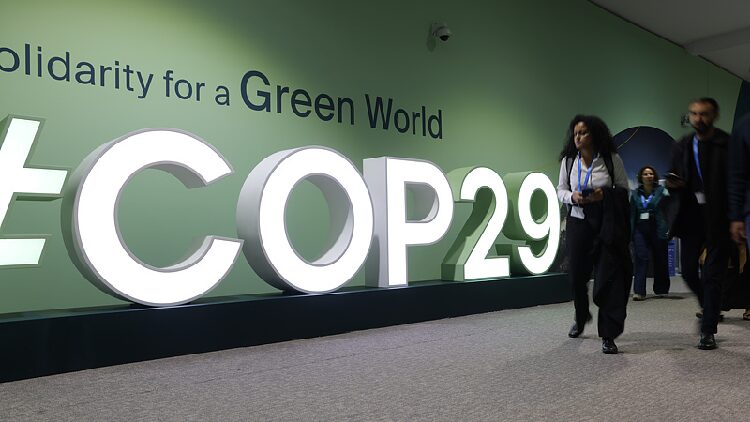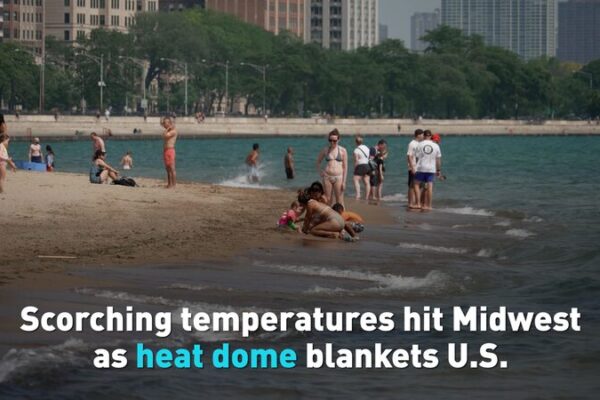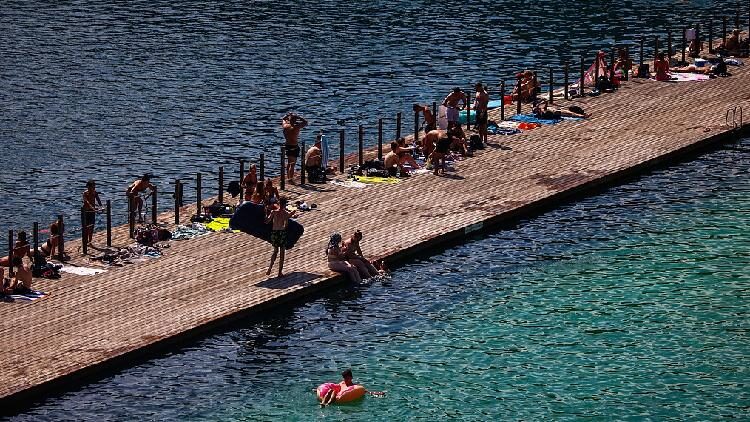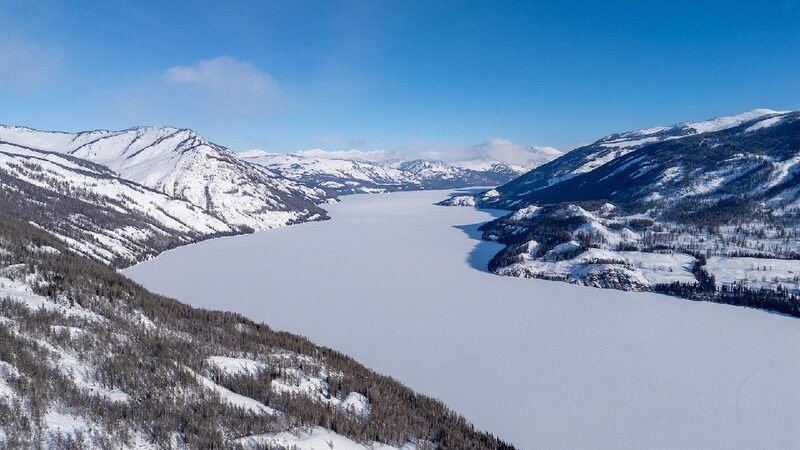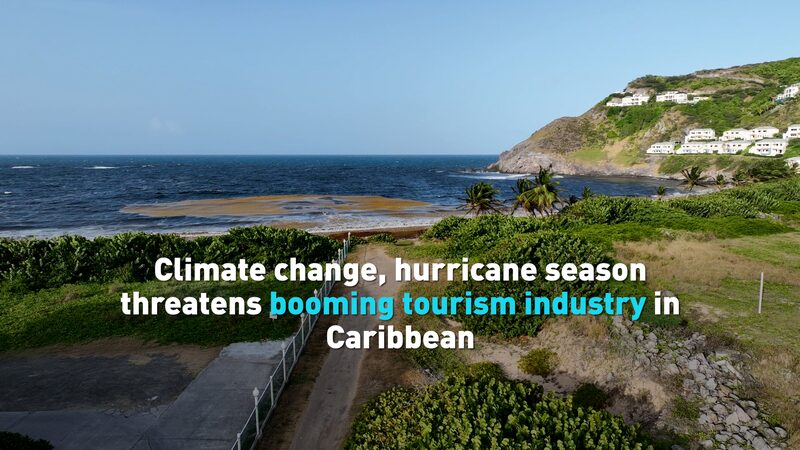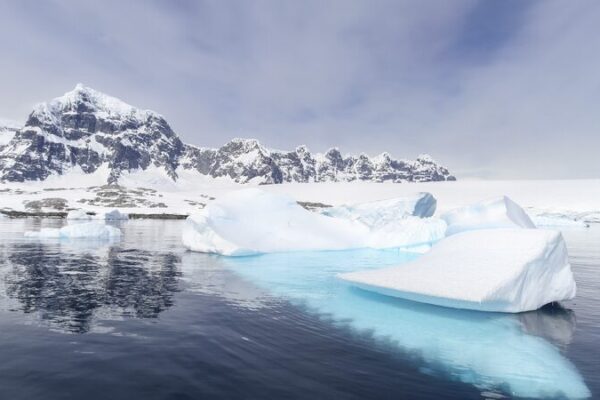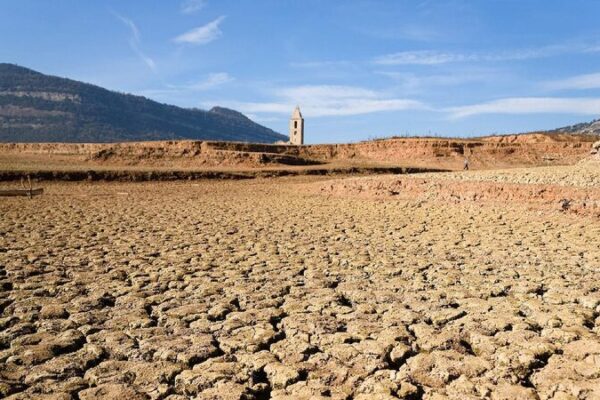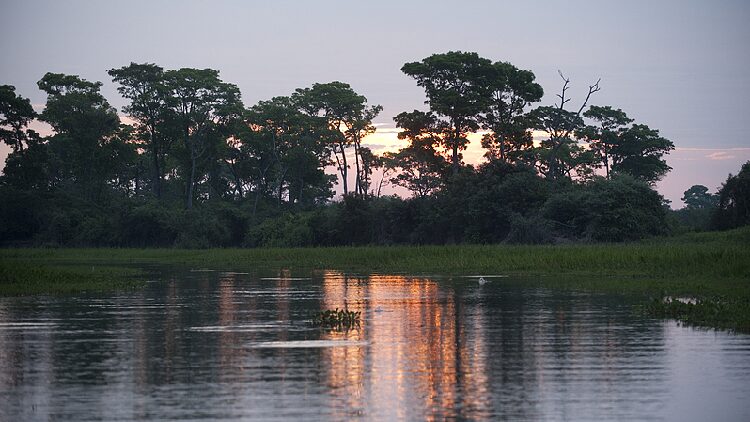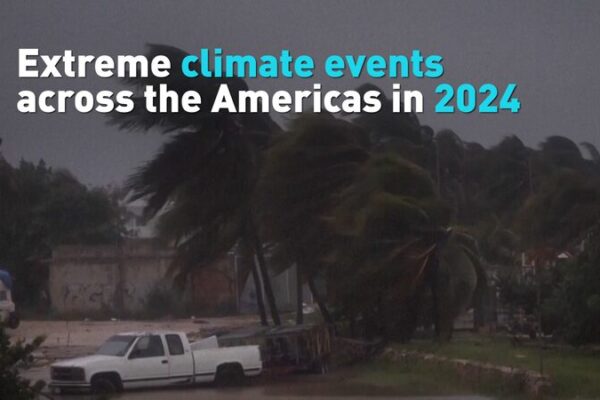Climate change isn’t just about melting ice caps or rising sea levels—it’s about people. And right now, those feeling the heat the most are the ones who did the least to cause it.
Developing nations around the world are grappling with the harshest impacts of climate change. From devastating hurricanes wiping out entire communities to droughts crippling agriculture, these countries are on the front lines. Yet, they contribute the least to global greenhouse gas emissions.
So, what’s going on? It’s a matter of climate injustice. The wealthier countries have historically pumped out the most emissions, but it’s the poorer nations paying the price. There’s supposed to be a global effort to fix this—like the $100 billion climate fund promised under the Paris Agreement—but so far, the money isn’t adding up.
The Paris Agreement introduced the idea of common but differentiated responsibilities. It means while all countries should fight climate change, those who’ve contributed more to the problem should do more to fix it. But getting everyone on the same page has been tough.
Transparency and Nationally Determined Contributions (NDCs) are key parts of the Paris Agreement. Countries are supposed to be open about their emissions and plans to reduce them. This helps build trust and encourages everyone to step up their game. Some countries are making strides—like China, which has made significant progress in reducing emissions and sharing its efforts openly.
Another big challenge is regulating emissions from shipping. The International Maritime Organization (IMO) wants to reduce greenhouse gases from ships, but there’s a clash between treating all ships equally and recognizing that not all countries can afford the same changes.
If organizations like the IMO don’t find fair solutions, we risk a fragmented system where countries take their own paths. This could make global shipping less efficient and hurt efforts to cut emissions.
What’s the way forward? It’s all about collaboration. Developed and developing nations need to work together to close the climate finance gap, enhance transparency, and support each other’s efforts. By doing so, we can strive for a future that’s fair, sustainable, and better for everyone.
Reference(s):
cgtn.com
